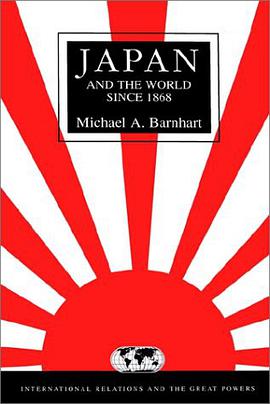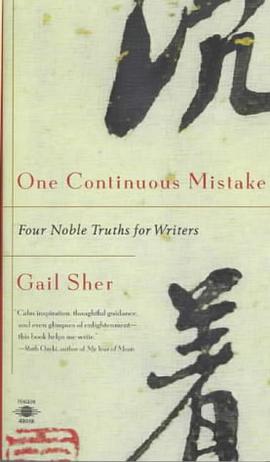

具体描述
In his survey of Japan's foreign relations since the Meiji Restoration of 1868, the author describes three searches for security. The initial "search for sovereignty" by Japan's new rulers of 1868 attempted to define and then restore Japanese sovereign rights in the high age of western imperialism and its impact on Japan. The second "search for empire" built upon the success of the first. Japan moved to defend its sovereign security by acquiring its own empire on the western pattern. This search succeeded too well, bringing Tokyo into conflict with Asian nationalism and American ideals. The resulting Pacific War compelled a new generation of leaders to reacquire sovereignty and security through a third "search for comprehensive security". But this search has been only partially successful. Post-war Japan has prospered, but to what end and with what result for the future? Throughout his account, the author stresses the critical role of internal political developments, and how they often led to sharp disagreements over the nature and course of Japan's foreign relations. Far from being a monolithic state, Japan, in this study, emerges as one deeply divided in its image and hopes for itself and its place in the world, divisions that have persisted from the Meiji Restoration of 1868 to the present day.
作者简介
目录信息
读后感
评分
评分
评分
评分
用户评价
相关图书
本站所有内容均为互联网搜索引擎提供的公开搜索信息,本站不存储任何数据与内容,任何内容与数据均与本站无关,如有需要请联系相关搜索引擎包括但不限于百度,google,bing,sogou 等
© 2026 book.wenda123.org All Rights Reserved. 图书目录大全 版权所有




















